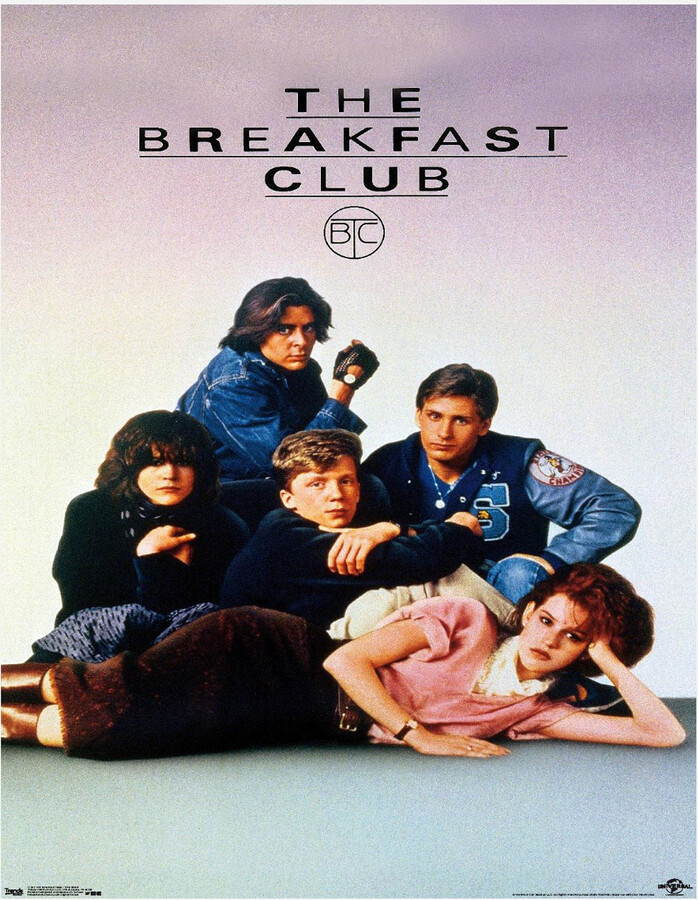By Emily McLean, Contributing Writer
Stereotypes, the widely-held assumption about a certain group of people, surround us. As soon as we see someone, we form a concept of who we think they are based on their appearance. We often tell ourselves we are not judgmental, but the reality is that we are shaped to be.
From the moment we are born, we are told how we should act based on our gender. From childhood to adulthood, we go through a process learning how to behave in ways accepted by society; this is known as socialization.
Expectations based on gender are ingrained into our minds. They are hidden in the smallest parts of our day-to day-life. The rather heated topic of who should pay on a first date is an example of this underlying issue of gender stereotypes. Gender norms should not be the deciding factor of who pays on a date.
Friends, family and the media constantly bombard us with definitions of how men and women should conduct themselves. Men are told to be the provider and caretaker. Women are expected to nurture and be protected by the man.
In Choices magazine by Scholastic, Jessica Press interviewed Developmental Psychologist at the University of Kentucky Christia Spears Brown, asking her why stereotypes manage to persist. Her response was that “our brains hold onto them” and we are “hardwired to pay attention to cues that confirm what we already know and forget the ones that don’t.” People rely on stereotypes to understand the world around them, and for this reason they are hard to be overlooked.
When the check arrives, there’s almost always a debate on who is paying. In the study “Who Pays for Dates? Following Versus Challenging Gender Norms” written by Janet Lever, David Fredrick and Rosanna Herts, 17,000 people were studied to come to the conclusion that about 40 percent of women dislike when a man is unwilling to accept their money for the check, while nearly 64 percent of the men surveyed thought women should pay half of the bill. This all comes back to gender stereotypes.
It is hardly fair to expect someone to pay on a date simply because of their gender. Certain circumstances should be taken into consideration, such as who initiated the date and who is more capable of paying for the meal. A man should not deny accepting a woman’s money if she decides to pay, and a woman should never assume the man should pay because he is supposed to.
Before World War I, it was rare to see a woman in the workplace. Women were expected to care for the children, cook dinner and clean the house. Men paid for meals since women were unable to. Today, men are still expected to play this part no matter what.
West Liberty English Professor Dr. Angela Rehbein explains the danger of gender roles, saying, “It’s important to note that [gender norms] can be limiting for men also. The idea that they can only be these very stereotypical masculine, provider figures, it’s a very limiting role for men and women alike. I think we’re sort of socialized into very narrow little niches that don’t really give us a chance to express our full selves.”
There are other factors involved in why men are not always paying on a first date. Sometimes, the man is unable to pay. Other times, the woman wishes to spend her money how she wants.
Recognizing the various circumstances, Rehbein said, “I think that works both ways, a woman can treat a man to something if she wants to, right? You do something special for each other without it being about who is supposed to do it.” No one should have to pay on a date solely because of gender. Just because something is expected doesn’t make it a rule.
On your next date, be prepared to pay. Don’t let gender norms sway who picks up the tab. Society influences the way you think, but you have control over your actions.
Photo provided by Emily McLean













